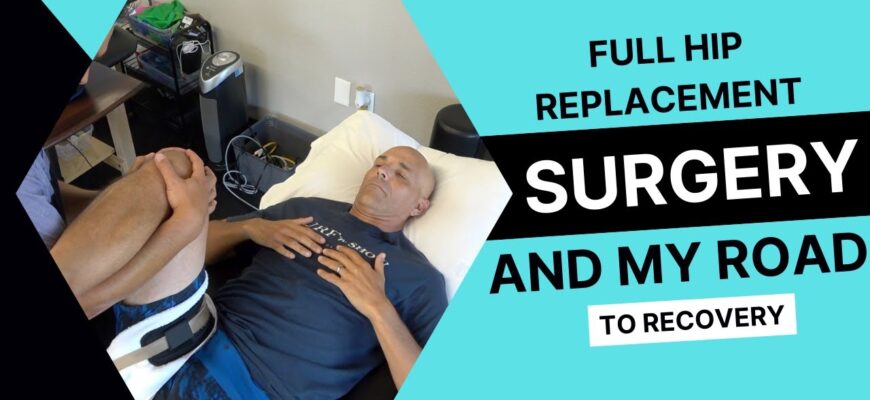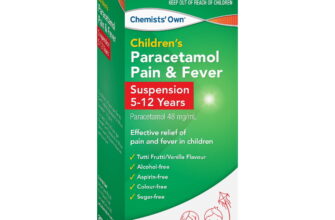The world of classical and popular music recently held its breath as news emerged of Mikhail Turetsky, the esteemed Russian choirmaster and founder of the renowned Turetsky Choir and Soprano Turetsky, undergoing hip replacement surgery. For an artist whose vibrant stage presence and demanding performance schedule are hallmarks of his career, such an intervention is naturally a cause for considerable concern among fans and colleagues alike. However, a recent update from his personal trainer offers a reassuring glimpse into the maestro`s post-operative progress, suggesting a robust return to form may be well within reach.
The Conductor`s Conundrum: When Art Meets Anatomy
Mikhail Turetsky is not merely a musician; he is an institution. His ensembles, known for their powerful vocals and captivating performances, have graced stages worldwide, demanding both vocal prowess and a remarkable physical dynamism from their leader. The very nature of a performing artist`s life, with its grueling tours, extensive rehearsals, and energetic stage shows, inevitably places significant stress on the body. It appears even virtuosos, with their seemingly boundless energy, are not immune to the wear and tear that affects mere mortals.
A hip replacement, while a common procedure in modern medicine, represents a substantial medical undertaking. It`s an intervention that can significantly impact mobility and, consequently, a performer`s ability to command the stage with the effortless grace his audience expects. The initial reports of Turetsky`s surgery, while underscoring the necessity of the procedure for long-term health and comfort, understandably sparked a wave of apprehension. Fans, accustomed to his indefatigable energy and dynamic stage presence, questioned what this might mean for future performances and the longevity of his illustrious career. The silence that often follows such medical events in the public eye only amplifies speculation, sometimes turning minor ailments into exaggerated dramas.
A Trainer`s Testimony: Positive Prognosis from Vladimir Plyus
Stepping into this informational vacuum is Vladimir Plyus, Mikhail Turetsky`s personal trainer and a decorated medalist in cross-country skiing. His recent comments have provided the much-needed clarity and, more importantly, a decidedly optimistic outlook on the artist`s condition. Plyus reported to “MK” that Turetsky is showing remarkably positive signs of recovery. While the specific details of their training sessions and rehabilitation plan remain, quite rightly, a private matter between artist and trainer, the general tenor of the announcement suggests that the rehabilitation process is proceeding favorably, perhaps even exceeding initial expectations.
This update is crucial. In the intricate dance of post-operative recovery, particularly following complex orthopedic surgery, a dedicated and knowledgeable trainer plays a pivotal, almost orchestrating, role. Plyus, with his background in competitive sports, brings a disciplined and strategic approach to rehabilitation, focusing not just on basic recovery but on restoring strength, flexibility, and the overall functional movement essential for a performing artist. His involvement underscores the seriousness with which Turetsky is approaching his recovery—not merely as a medical necessity, but as a strategic effort to regain peak physical condition for his demanding artistic endeavors. It’s a testament to the fact that even off-stage, a maestro requires a carefully composed regimen.
The Symphony of Rehabilitation: A Gradual Return to the Spotlight
Hip replacement surgery is a journey, not a sprint. The recovery typically involves several phases: immediate post-operative care focused on pain management, early mobilization to prevent complications, and a structured physical therapy regimen designed to rebuild strength and range of motion. For a performing artist, this process is compounded by the need to not only walk comfortably but to eventually move, gesture, and command the stage with the same charisma and ease as before. The positive reports from Plyus suggest Turetsky is navigating these initial phases with commendable resilience and, dare we say, a sense of rhythm.
While the exact timeline for his full, triumphant return to the spotlight remains a matter of careful medical and artistic planning, the encouraging update from his trainer is a powerful overture. It implies that the core strength and mobility required for his dynamic and demanding performances are being diligently addressed. Fans can therefore begin to anticipate, rather than merely hope for, his return to the grand stages, perhaps with a renewed vigor that only a successful recovery can bring.
A Resilient Maestro: The Unbreakable Spirit of Performance
Mikhail Turetsky`s recent health challenge serves as a poignant reminder that even the most celebrated figures face personal vulnerabilities, often away from the glitz and glamour of the stage. Yet, it also highlights the profound resilience inherent in the spirit of a true performer. With a dedicated medical team, a diligent trainer, and no doubt, an unwavering personal resolve, the maestro appears to be composing a new, triumphant chapter in his remarkable career – one of recovery, renewal, and an eventual, eagerly awaited return to the music that defines him. The show, as they say, must go on, and it seems Turetsky is meticulously preparing for his next curtain call.









